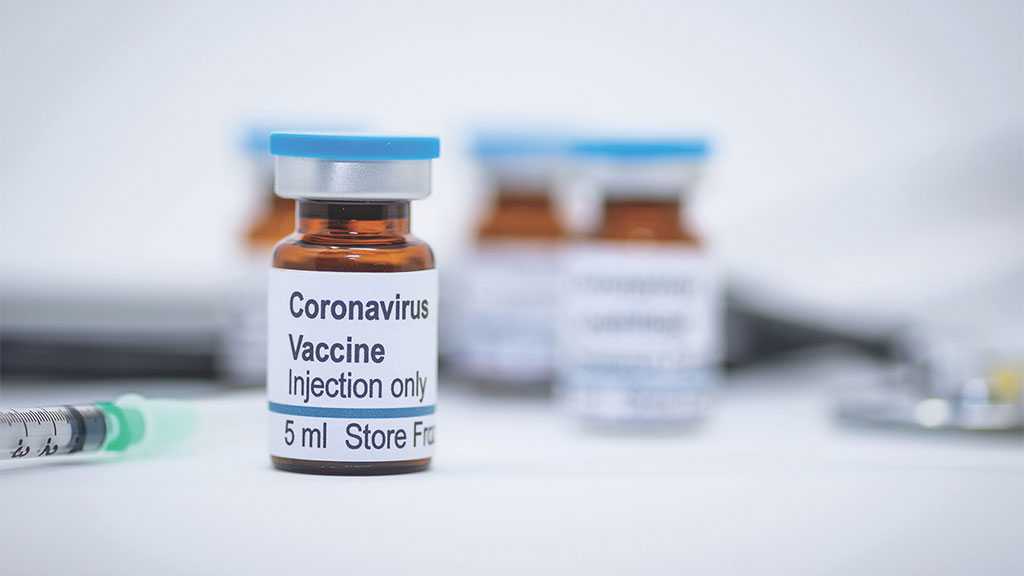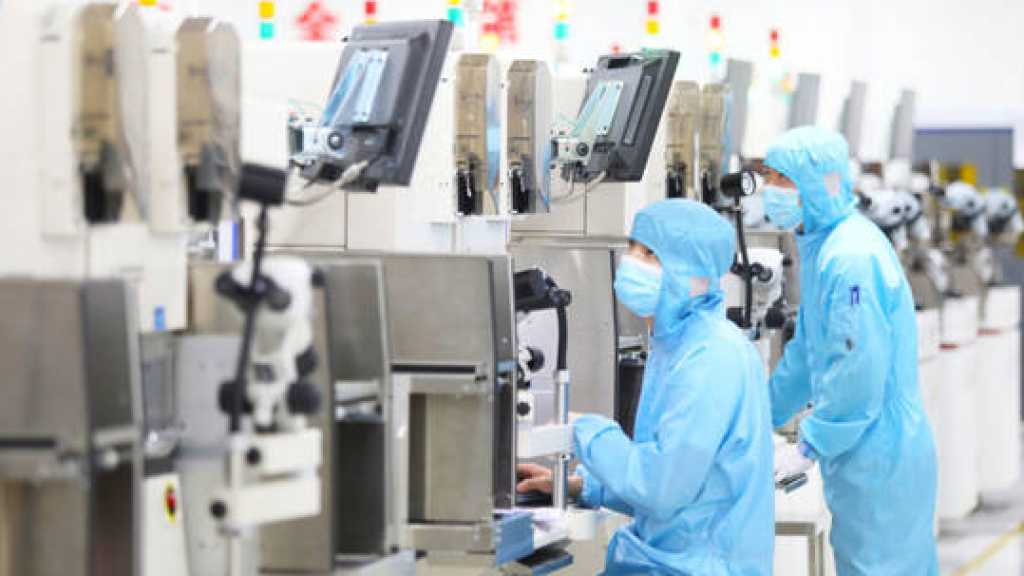New COVID-19 Vaccine Induces Immune Response

By Staff, Agencies
An experimental vaccine against the new coronavirus produced an immune response in early-stage clinical trials, data showed on Monday, preserving hopes it could be in use by the end of the year.
Initial human trial results for a promising COVID-19 vaccine have been published in the journal The Lancet. The vaccine, developed at Oxford University, has so far been found to be safe and induce the two key immune responses needed to protect against coronavirus infection.
The Oxford COVID-19 vaccine, recently renamed from ChAdOx1 nCoV-19 to AZD1222, was developed incredibly rapidly, with Phase 1/2 human trials starting in April. The newly published preliminary data reported the results of a blind, randomized controlled trial testing the safety and immunogenicity of the experimental vaccine in 1000 subjects.
The cohort blindly received either AZD1222 or a meningococcal vaccine as control. The initial phases of human testing in a vaccine trial are designed to investigate how safe the new vaccine is and whether it triggers biomarkers associated with an effective immune response.
The data suggests the vaccine causes no serious adverse effects, although more than half of subjects did display mild to moderate side effects, including injection site pain, fever and fatigue. All these adverse effects resolved within 48 hours of treatment.
Looking at immune responses, the vaccine generated robust antibody and T-cell responses in all subjects with neutralizing antibodies detected in 91 percent of subjects one month after a single dose of the vaccine. A small cohort receiving a booster dose one month after the initial dose showed even stronger antibody responses.
T-cell responses were seen to peak around two weeks after a single dose of the vaccine. At the two-month follow-up those T-cell levels were seen to slightly decline. It is unclear at this stage what kind of long-term immunity the vaccine could confer, however, these two immune biomarkers induced by the vaccine are similar to what is seen in recovered COVID-19 patients.
"The immune system has two ways of finding and attacking pathogens – antibody and T cell responses,” according to Andrew Pollard, the lead author on the new study. “This vaccine is intended to induce both, so it can attack the virus when it's circulating in the body, as well as attacking infected cells. We hope this means the immune system will remember the virus, so that our vaccine will protect people for an extended period.”
Comments
- Related News




